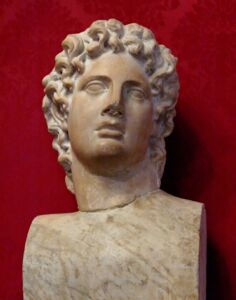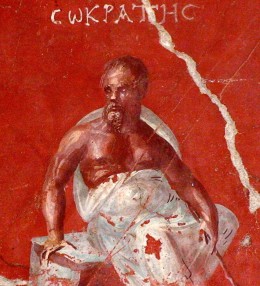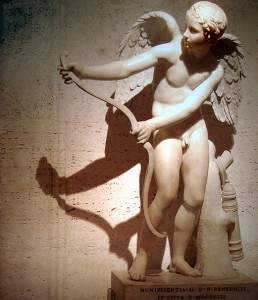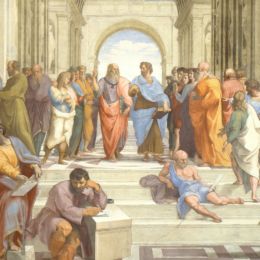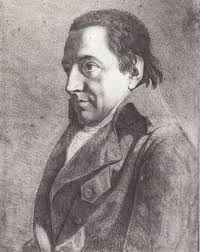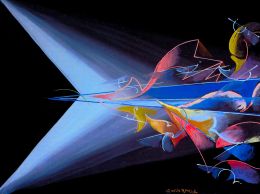Part 2 of 5 (Part 1 here)
In the first part of this series, Socrates accuses Alcibiades of wanting to be a tyrant and argues that if he wishes to fulfill this ambition, he must study philosophy. Alcibiades won’t admit that he aspires to be a tyrant, but “if” he did, he wants to know what Socrates would teach him. (more…)
